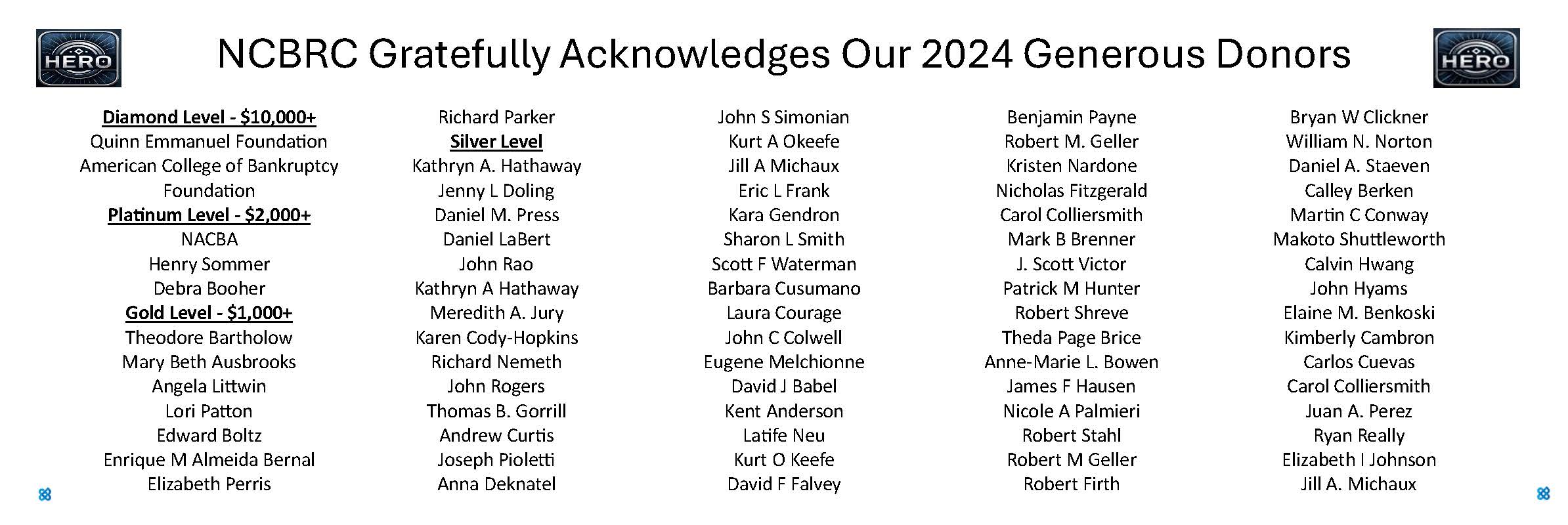Welcome to the National Consumer Bankruptcy Rights Center (NCBRC). We are dedicated to protecting the rights of consumer debtors in bankruptcy appeals, ensuring fair and just treatment within the legal system. Our mission is to advocate for a balanced approach to bankruptcy law, providing support and resources for consumers and attorneys alike. Together, we strive to uphold the integrity of the bankruptcy process for individuals seeking a fresh financial start.
Latest Posts
Can Debtors Prioritize Retirement Over Creditors? Trustee Seeks Supreme Court Review in In re Saldana
In a move that could have sweeping implications for Chapter 13 bankruptcy cases nationwide, Martha G. Bronitsky, the Chapter 13 Trustee, has filed a petition for certiorari with the Supreme Court in In re Saldana. The case centers on whether voluntary contributions to retirement accounts should be excluded from a debtor’s disposable income calculation. The…
Langston v. Dallas: The Fifth Circuit’s Chance to Reinforce the Finality of Bankruptcy Deadlines
In consumer bankruptcy, finality and procedural certainty are paramount. The ability of debtors to claim exemptions—and for creditors to challenge those claims—is governed by well-defined rules that ensure the timely administration of cases. Yet, in Langston v. Dallas Commodity Company, the courts have permitted an untimely objection to stand, raising critical concerns about the enforceability…
Fighting for Fairness: NCBRC, NACBA, and NCLC File Amicus Brief in Michigan Bankruptcy Exemptions Battle
“Michigan’s most vulnerable debtors deserve protection—not political obstruction.” That’s the central argument made by the National Consumer Bankruptcy Rights Center (NCBRC), the National Association of Consumer Bankruptcy Attorneys (NACBA), and the National Consumer Law Center (NCLC) in a critical amicus brief filed before the Michigan Court of Claims. These leading consumer advocacy organizations are weighing…


